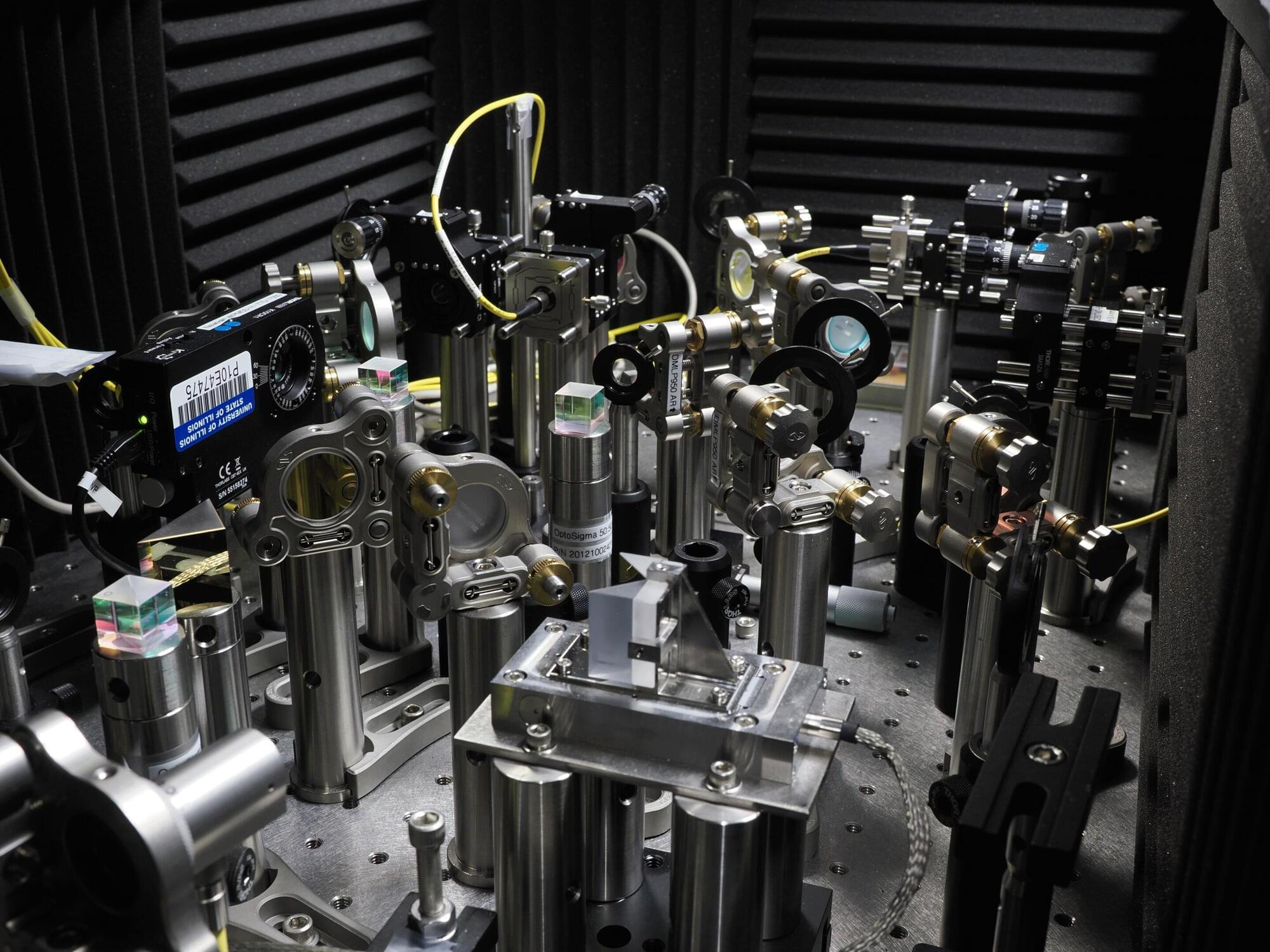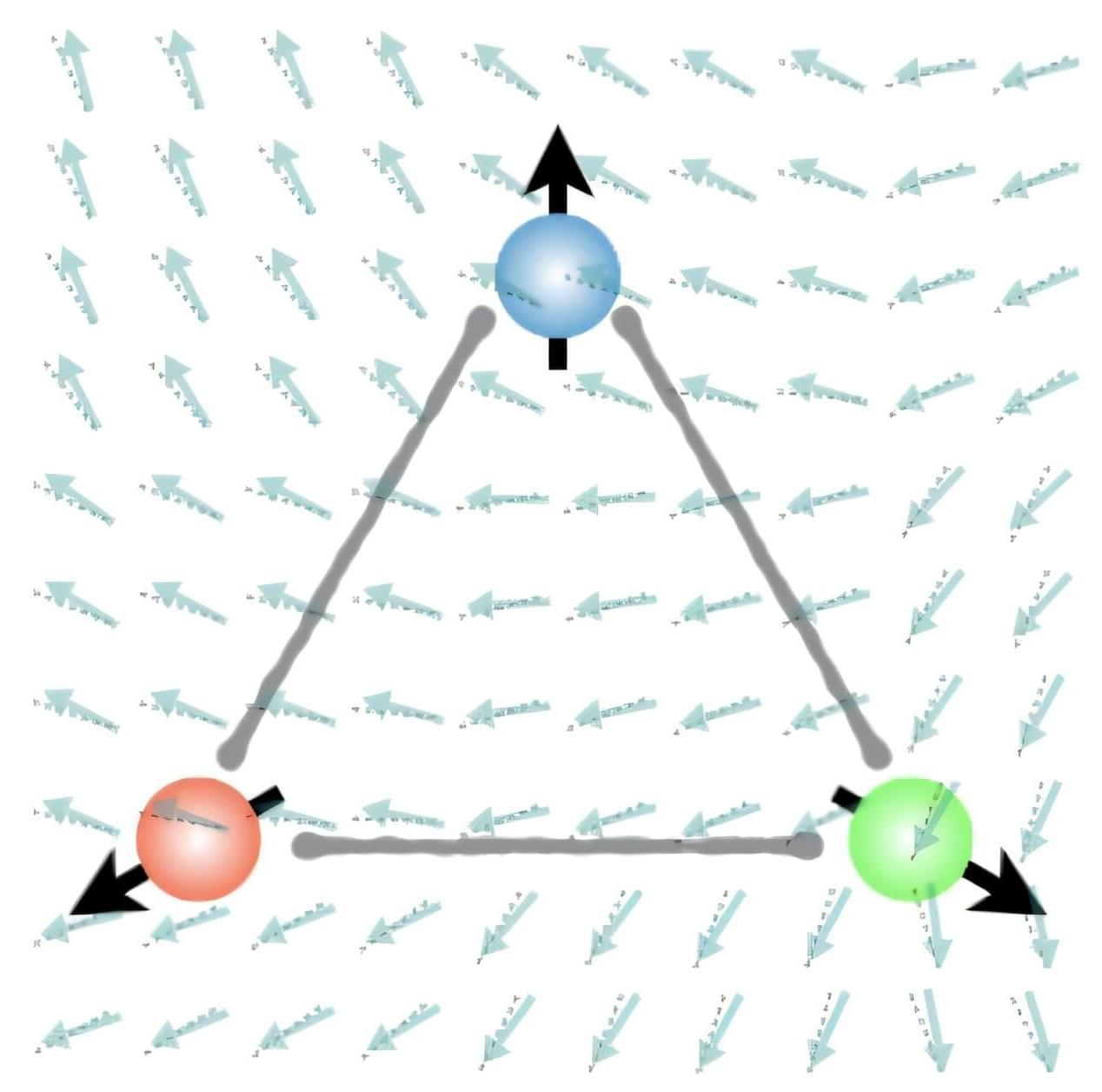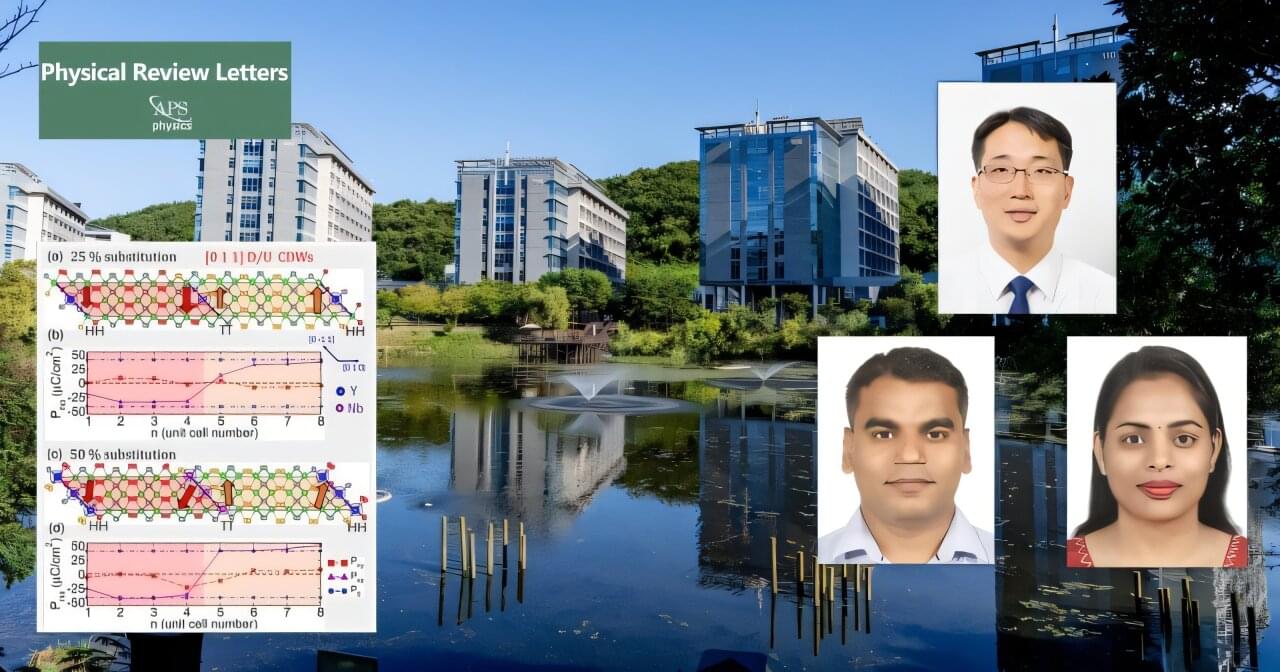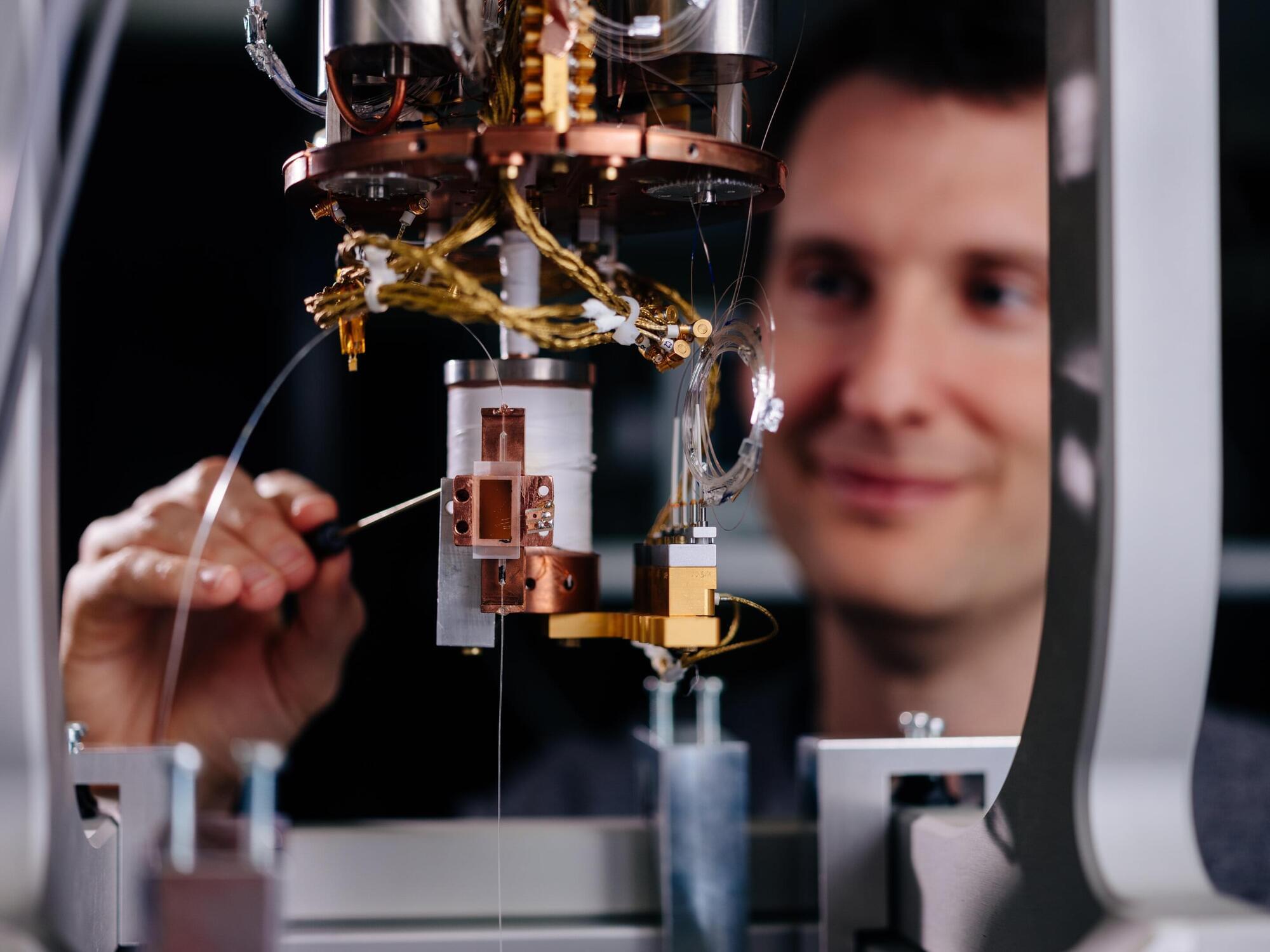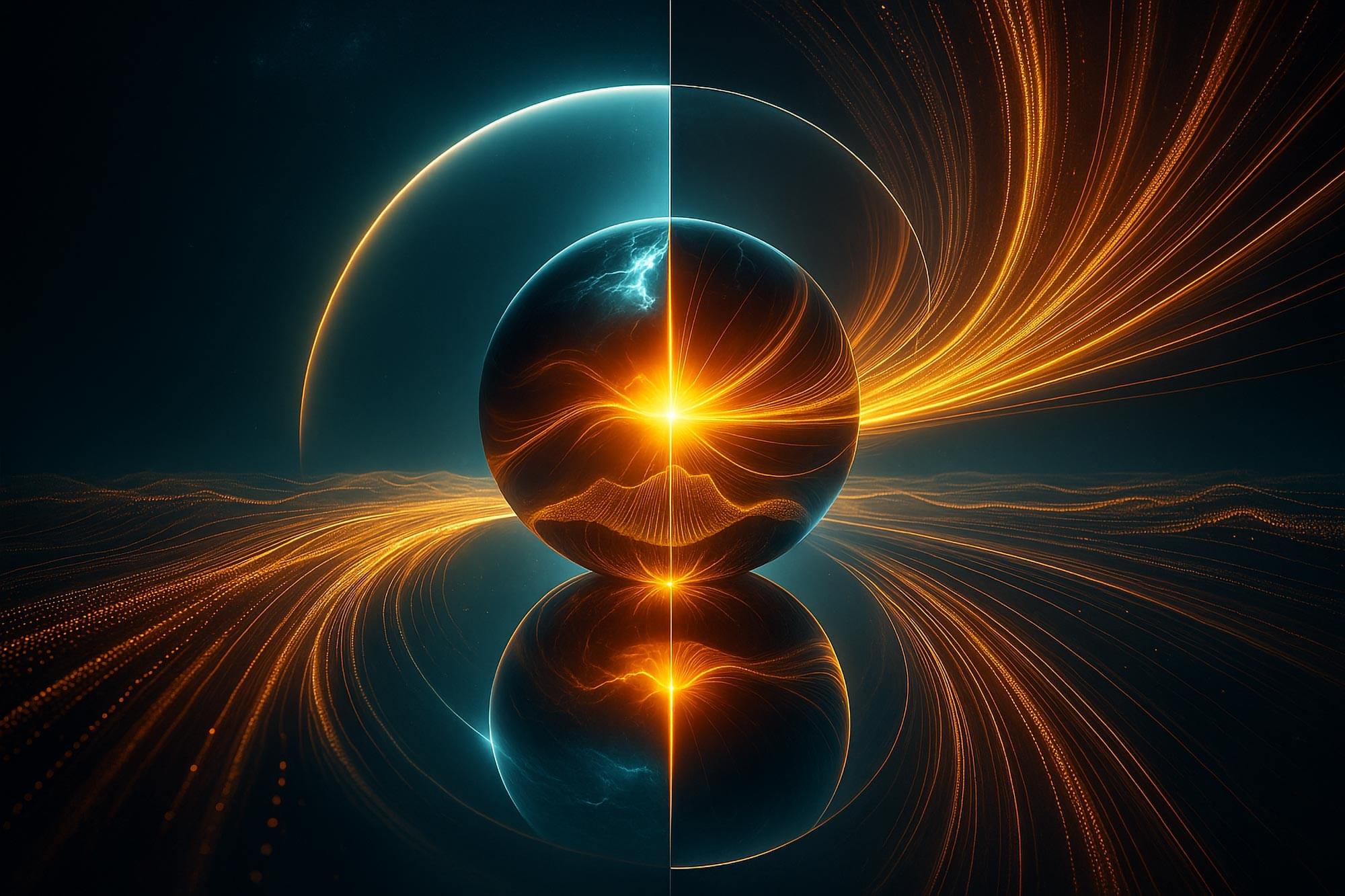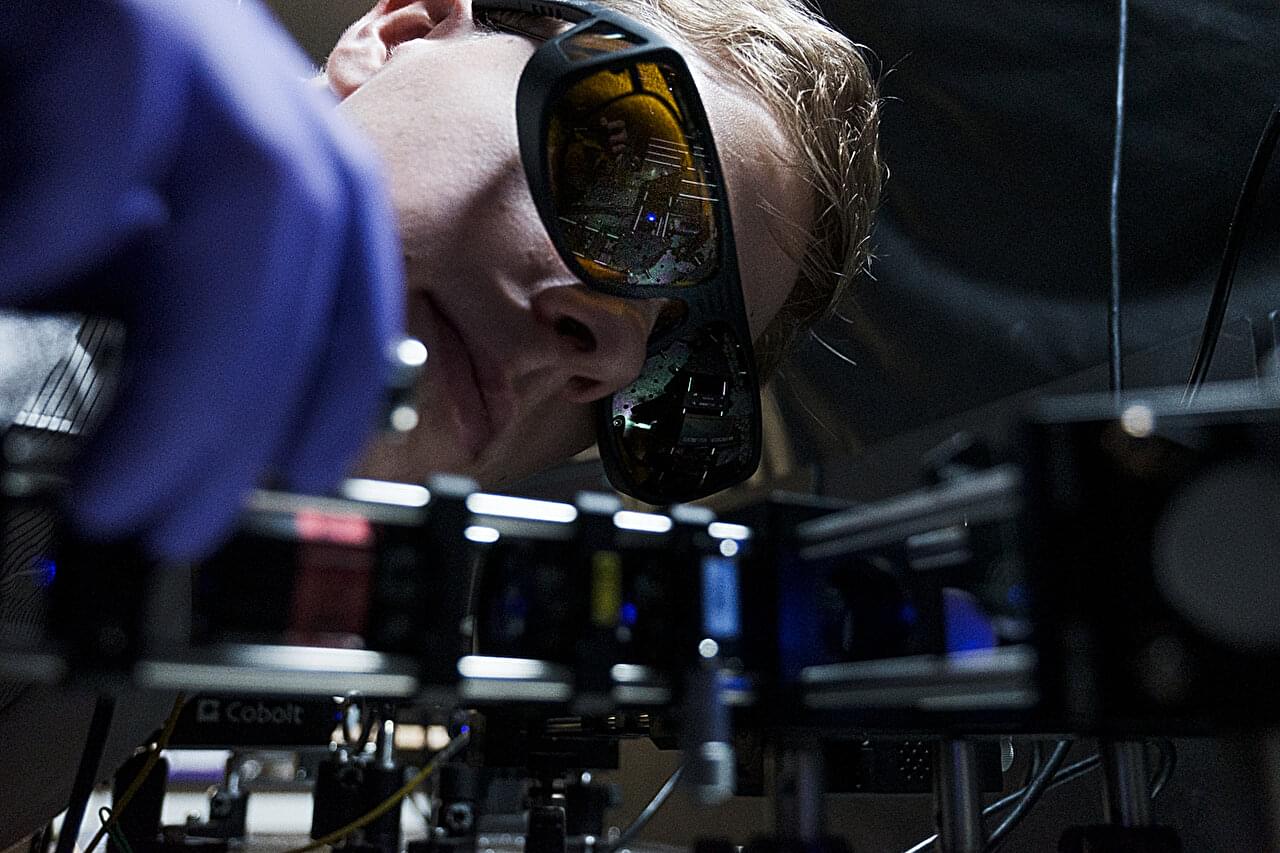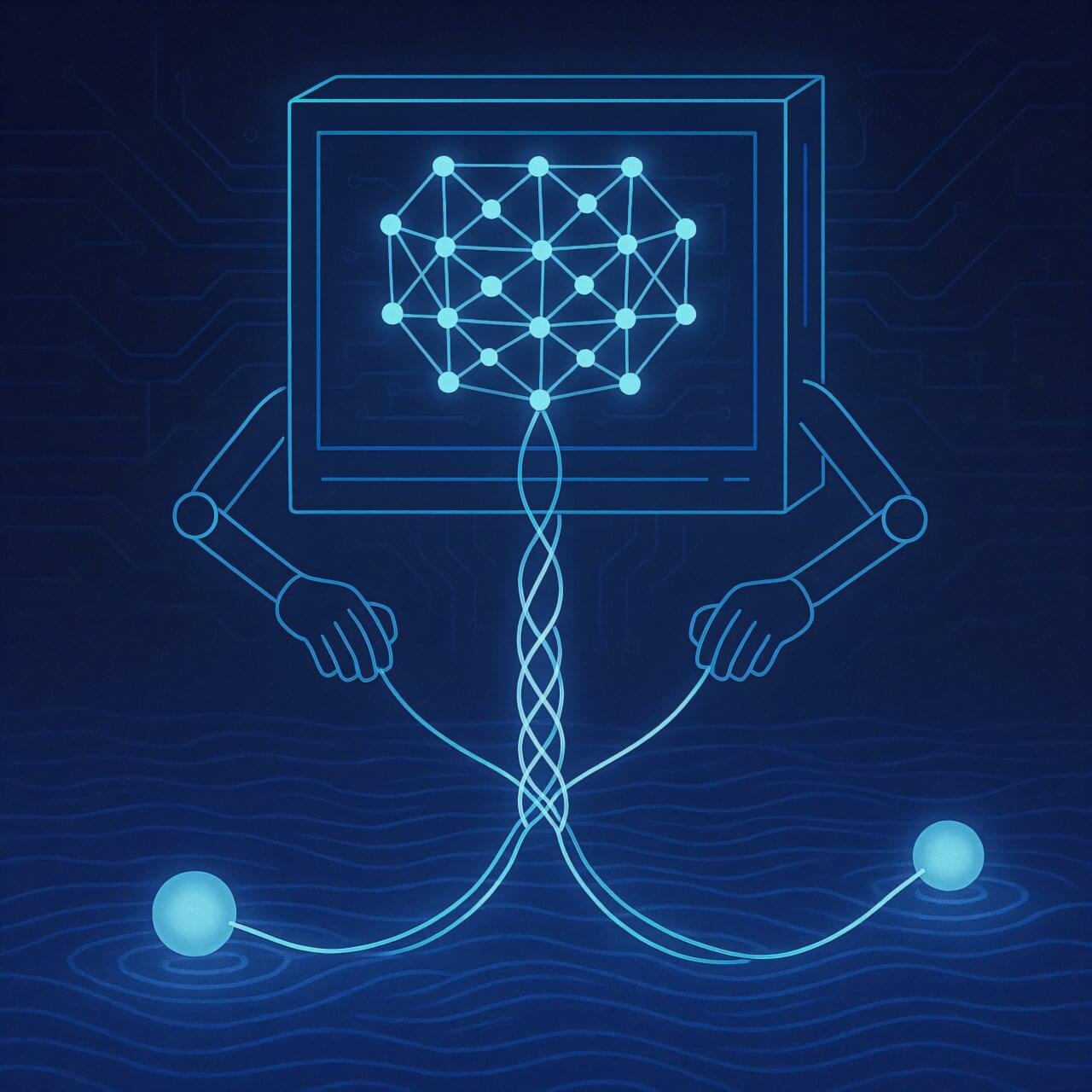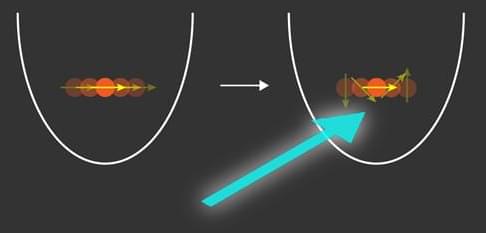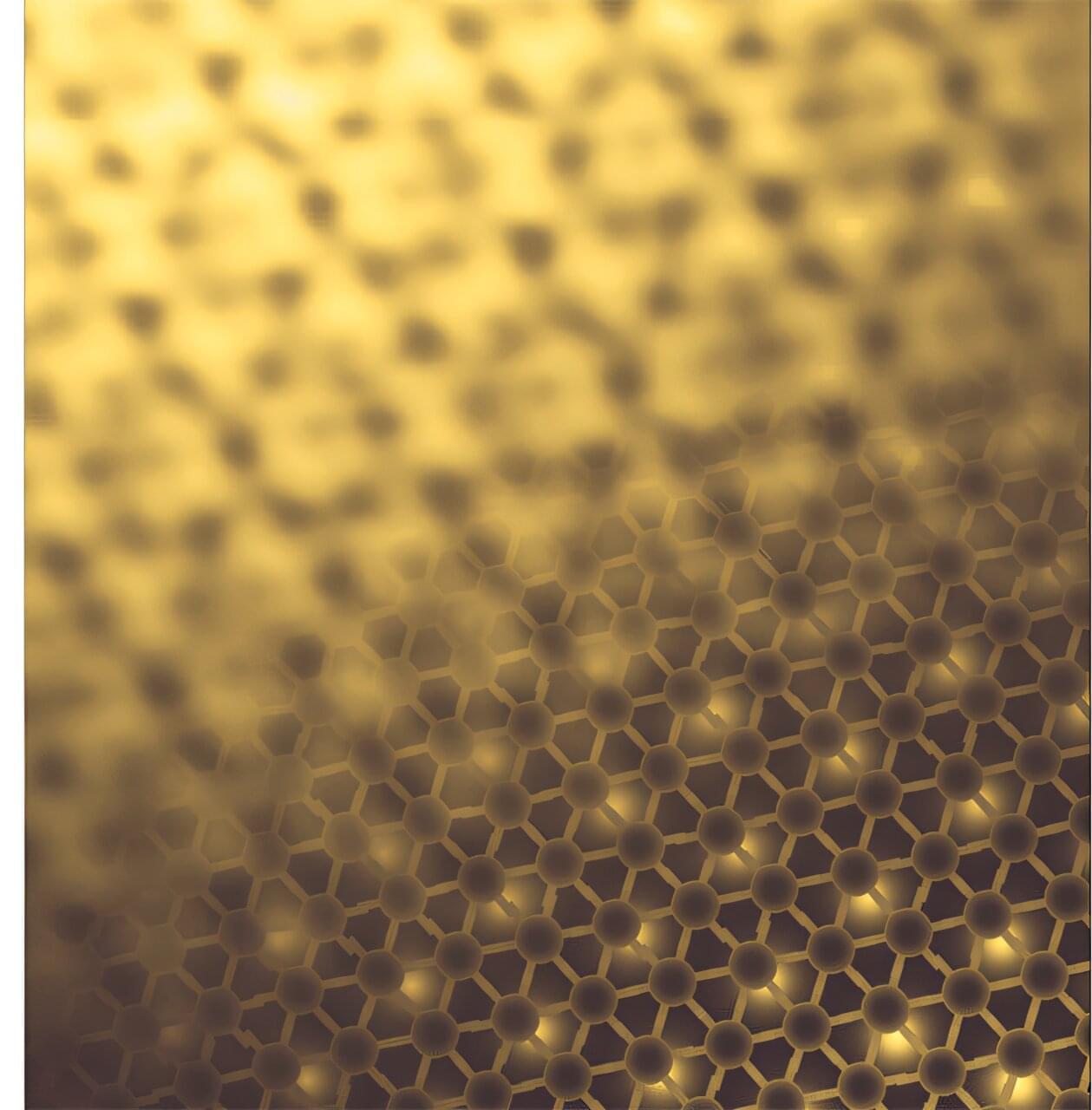University of Illinois Physics Professor Paul Kwiat and members of his research group have developed a new tool for precision measurement at the nanometer scale in scenarios where background noise and optical loss from the sample are present.
This new optical interferometry technology leverages the quantum properties of light—specifically, extreme color entanglement—to enable faster and more precise measurements than widely used classical and quantum techniques can achieve.
Colin Lualdi, Illinois Physics graduate student and lead author of the study, emphasizes, “By taking advantage of both quantum interference and quantum entanglement, we can make measurements that would otherwise be difficult with existing methods.”
